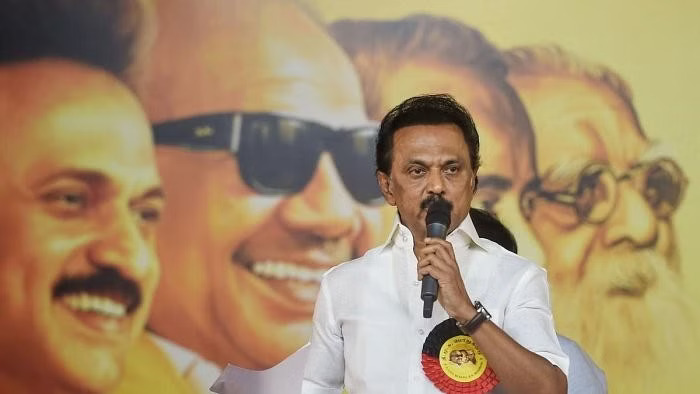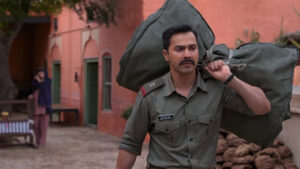Tamil Nadu Chief Minister MK Stalin has voiced strong opposition to the “One Nation, One Election” concept, asserting that it poses a threat to the federal structure of the Indian political system. Stalin’s criticism comes in response to ongoing discussions about the possibility of synchronizing various elections across the country.
Addressing the media, Chief Minister Stalin stated, “While the idea of ‘One Nation, One Election’ may seem convenient on the surface, it raises significant concerns about the federal nature of our democracy. States have unique political dynamics, and their elections should not be overshadowed by national agendas.”
The “One Nation, One Election” proposal has been under consideration for some time and envisions holding simultaneous elections for various tiers of government, including central and state legislatures. Proponents argue that such a system could reduce the financial burden of frequent elections and enhance governance efficiency.
However, Chief Minister Stalin’s critique highlights the concerns shared by several state governments, particularly those governed by regional parties, about the potential impact of such electoral reforms on their autonomy and decision-making processes.
Stalin further elaborated on his concerns, saying, “States have their own issues, priorities, and timelines for elections. The proposed synchronization could undermine the diversity of our nation’s democratic landscape. State elections should remain separate to address regional needs effectively.”
The Tamil Nadu Chief Minister emphasized the importance of preserving the diversity and federal structure of India’s political system, which is enshrined in the Constitution. He called for a more consultative approach to any proposed changes in electoral practices, ensuring that the voices of states are heard and their concerns addressed.
The “One Nation, One Election” concept has generated substantial debate and divided opinions among political leaders and experts. While some argue that it could streamline the electoral process, others, like Chief Minister Stalin, emphasize the need to maintain the unique characteristics and requirements of each state.
As discussions around electoral reforms continue, the balance between centralized governance and regional autonomy will remain a central point of contention, with the potential to shape the future of India’s democratic practices.










